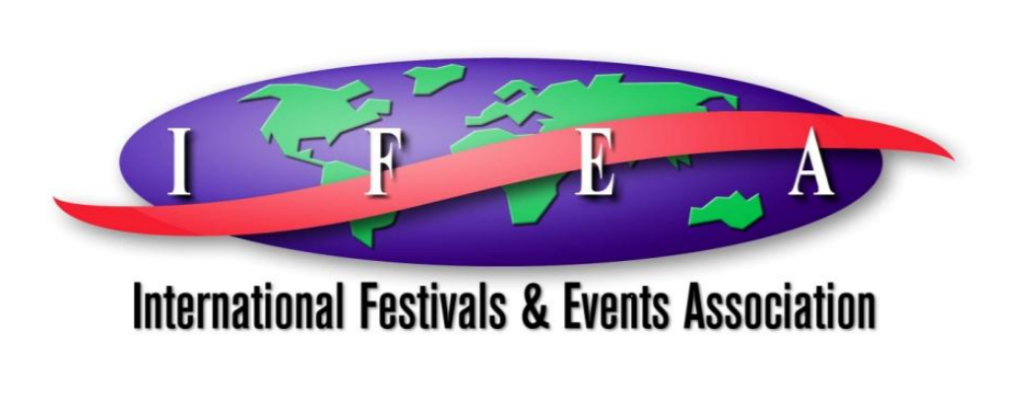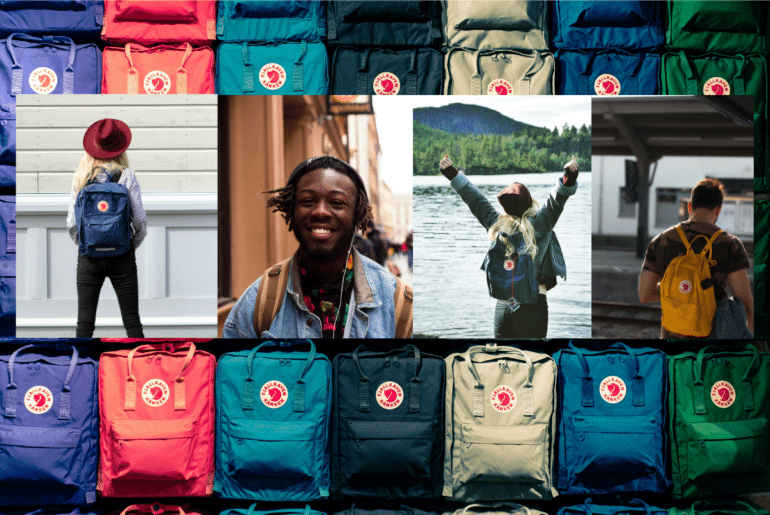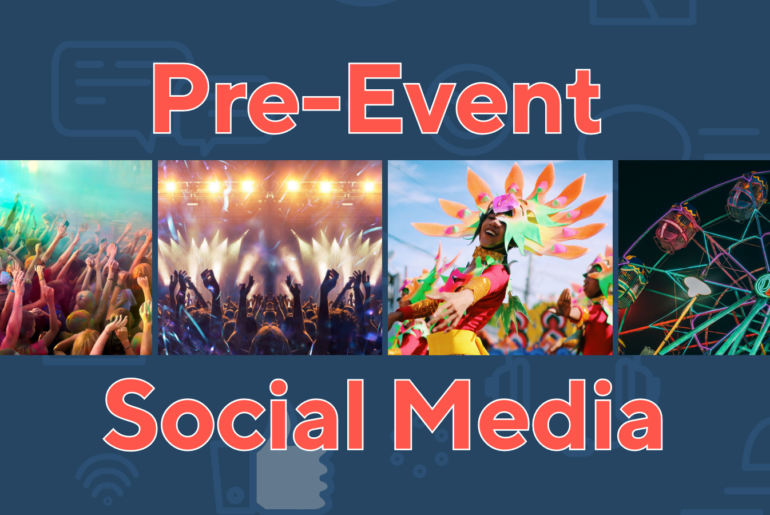2020 was a test of mettle. As we look forward to what 2021 has in store, we should stop, reflect, and leave baggage in the previous year. Start 2021 on the right foot and make your New Year’s Resolution to leave these eight things in 2020.
As published in the International Festivals & Events Association’s “i.e.: the business of
international events” quarterly magazine. The premier association supporting and
enabling festivals and events worldwide. For more information on the IFEA, go to:
www.ifea.com.
1. No More Crutch Language
2020 was rough. It was rough for everyone. We’ve commiserated, mourned, and drank copiously to honor our comrades. Now let’s leave the negativity and crutch language in 2020. We must enter 2021 excited about the brave new world dawning on the events industry. Cast aside the melancholy and be cheerful.
I’m challenging all event organizers to stop using quarantine crutch language:
- Now more than ever
- Uncertain or Never before Seen Times
- Can You Believe It Is Already [Month]?
- 2020, Am I Right?
- Joke about Lockdown
The jokes have been played out, and consumers are over it. It is also lazy. Don’t get caught in the trap. Turn your copywriting towards optimism, and your customers will appreciate you. Seek to bring enthusiasm to your communities and stakeholders. Isn’t that the purpose of events; to celebrate the cultures and practices that make us unique?
2.Stop Being Shy about Pricing
I learned at the IFEA Conference in Williamsburg that I was undercharging for my event. I was shocked. We had done across-the-board increases year over year, the event was making money, but we were still undercharging compared to similar shows. We’re blessed to be part of IFEA since there are so many resources within our organization to help with pricing and understanding the bottom line.
With the vaccine on the way, there is a light at the end of the tunnel. Rumors are swirling around a new round of EIDL and PPP, this time with a friendlier attitude towards the events, hospitality, and culinary industries. But that is not enough to greenlight a full return to large-scale events.
We know that there will need to be significant modifications to layouts, exhibitor spaces, performance spaces, and really anything that has a human element. These new activations will also require additional technology and support to ensure their success. You can practically hear the cash register ring as all the costs add up.
Take COVID as an opportunity to play with new pricing structures. Explore new ticketing paradigms. Consider shifting to exclusively multi-day passes or changing to membership-driven access. 2021 will be the one year where you can blame everything on the ‘Rona. If your experiments fail, let them fail fast, fall forward, and leap into the next ticketing scheme.
3. Stop Being Afraid of Technology
You likely entered 2020 without knowing what ZoomBomb, Twitch, IGTV, or Teams was. We’ve all experienced a 10-month crash course on remote work. I keep hearing in my event circles, “soon, we’ll be back to normal.” Normal isn’t coming back. Even after we’ve immunized everyone, there will remain a significant shift in understanding technology possibilities.
2020 showed that, if forced, people will swiftly adopt technology. 2021 will be about using these technologies in interesting ways. IFEA members have produced remote parades, beer tastings, happy hours, boat shows, and more. These incredible activations happened out of necessity. How will these events grow and improve when they happen strictly out of intention? What new audiences will discover your event? How far will your event brand travel now that geographic borders don’t mean anything?
Still scared of the technology? Join an IFEA affinity group! Take an online class at your local economic development organization. Ask me! Seriously, I (and many more members of this organization) are happy to talk you through our knowledge. The only dumb question is the one that remains unasked.
4. Think Hybridization, not Translation
In line with technology, the future is about hybrid events. We will drift from physical-only and digital-only, where simultaneous activations are the norm.
2020 found many event organizers asking, “how do I translate this event into cyberspace?”
2021 will be about designing events with one foot in the digital and one in the physical. Planning will require all the wisdom of established festival planners to combine their efforts with the world’s digital strategists.
Why wouldn’t you think hybrid? IFEA members produce some of the most amazing events on the planet. This is your chance to take your event global to new audiences. It will help you connect to younger audiences that seek digital elements in all their activity.
And let’s be frank. New audiences equal new revenue. We still need to make money, right?
But don’t overthink it. If you were already going to produce a free and open event, why not stream it? Even established media organizations, like Texas Public Radio, have figured it out. They were hosting a telethon and decided to stream it through their social and a virtual event site. Their kickoff event raised over $5k, and the social streamlet new people access their content.
5.No More Mr. Nice Guy
The events industry has a long history. This has entrenched some operators in ways that other industries would find ridiculous. I learned early in my events career that you must humor these people to succeed. No more!
I’ll start. We want to have more digital, streaming, and virtual content at my flagship event. The exclusive internet provider for our venue, SmartCity, charges $35k to wire a single room with enough internet to meet our needs. Previously, we did our best to work around the situation. We deployed hotspots and colluded to create mesh internet with another provider.
In 2021, technology is about enabling possibilities, not limiting opportunities. That’s long been our philosophy at TINT, seeking to understand our event customers’ goals and do everything within our power to make sure their event is successful. If you can’t align values and expectations with your vendors, then kick them to the curb.
No more Mr. Nice Guy. Apply pressure to these vendors. Get your governments involved if necessary. Turn mountains into molehills. Nothing should stop you from succeeding.
6. Don’t Pawn Social on the Intern
We all know social media is one of the top places to connect with people. 2020 proved that having a strong social media strategy is vital to any organization’s success and continuity.
Yet time and time again, we find that social media management has been pawned off on the intern or added to a junior marketer’s job description. I see event organizers asking for the cheapest social posting tool rather than the one that does the most.
It is time to make social a priority. This means having a full-funnel strategy to build awareness, sell tickets, recruit influencers, and turn your customers into brand ambassadors. This requires the same amount, if not more, of planning that any other marketing activity would need.
This should also be an opportunity to explore new platforms. You’ve mastered Facebook, Instagram, and Twitter, start on Snap or TikTok. Drop any assumptions that only specific audiences are on certain platforms. COVID has driven audiences of all ages to new platforms.
Gen Z is getting older, and they’ve been drinking legally for several years now. Do not discount younger audiences. Use your social to build for the future.
7. Make Everyone a Marketer
Marketing is everyone’s responsibility. From the lowliest volunteer intern to the top leadership, everyone should be driving toward marketing goals. Beyond internals, even your customers should become part of your marketing programs. People inherently don’t trust marketers, but more than 92% of consumers trust a recommendation, even from people they don’t know.
Consider the ways that you let people contribute, staff or otherwise. Are you running focus groups? Do you have a ticket sales affiliate program? Are you capturing user-generated content from volunteers? Do you use testimonials and social proof? Are your hashtags and social handles easy for people to find? Developing a user-generated content strategy with the help of a platform like TINT can help you reach your event goals.
The only way forward is to democratize the marketing process. You don’t need to release all control, but you should empower your fiercest fans to advocate on your behalf.
8. Kick Darwin to the Curb
As event organizations struggle, I’ve heard plenty of language from analysts are the media that make it seem like this is a Darwinian struggle. “Survival of the fittest”. Those events that survive this pandemic are the fittest ones to lead us into the future.
I completely disagree.
It isn’t the strongest, the wealthiest, or the biggest events that will survive and flourish. It is the ones with the biggest hearts, the openest minds, and the most creative souls.
Painter Henri Matisse said, “There are always flowers for those who want to see them. Creativity takes courage.”
Be courageous, design great events, and have a great 2021.
—
Need help getting started? Schedule time to chat with one of the TINT events experts and let’s move your event into the future.





